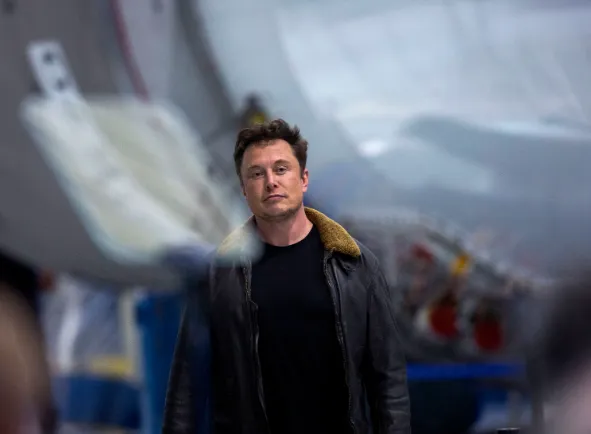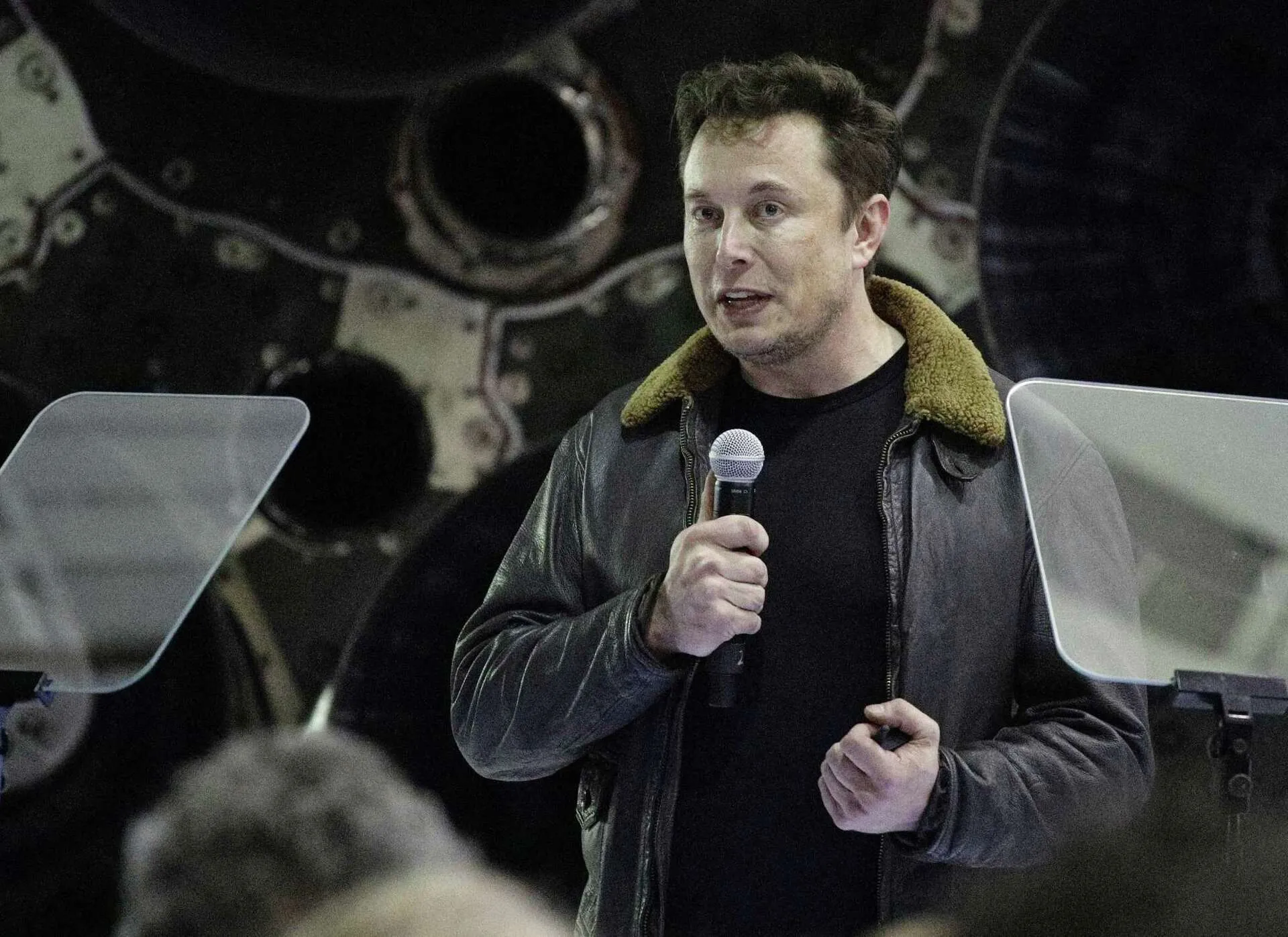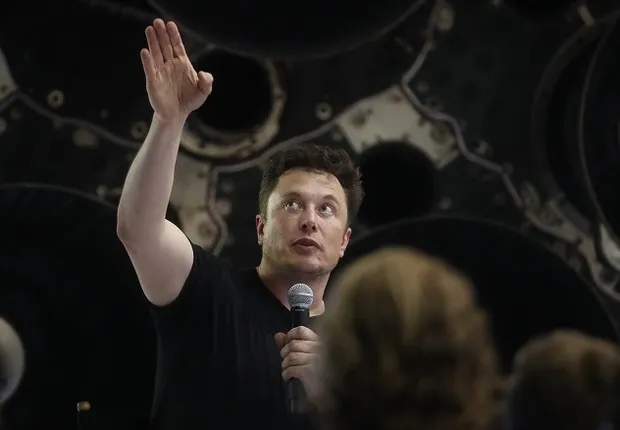

Elon Musk Wants to Die on Mars: Is the Billionaire Willing to Sacrifice His Life to Conquer the Red Planet?
Elon Musk has never shied away from making bold statements about his vision for humanity’s future in space. One of his most famous and controversial remarks was his assertion that he wants to die on Mars—just not on impact. This statement reflects his deep commitment to space exploration and his belief that humanity must become a multi-planetary species. But is Musk genuinely willing to risk his life for this ambition? Or is this just another grandiose declaration meant to inspire his followers and attract investors?
The Vision of a Multi-Planetary Future
Musk’s ultimate goal is to establish a self-sustaining colony on Mars through his company, SpaceX. He believes that Earth faces numerous existential threats, from climate change to potential asteroid impacts, and that the best way to ensure humanity’s survival is by expanding beyond our home planet. SpaceX’s Starship program is at the core of this vision, aiming to develop a fully reusable spacecraft capable of carrying humans to Mars and beyond.

The Challenges of Settling on Mars
The idea of living on Mars may sound like science fiction, but Musk and his team at SpaceX are actively working on making it a reality. However, the risks are immense. The journey to Mars itself is fraught with dangers, including radiation exposure, extreme isolation, and the psychological toll of long-duration space travel. Once there, settlers would have to contend with harsh conditions such as freezing temperatures, toxic soil, and a thin atmosphere that provides little protection from cosmic radiation.
Musk has repeatedly acknowledged these risks, stating that early missions to Mars will be incredibly dangerous and that many people may not survive. Despite this, he remains undeterred, claiming that a future on Mars is worth the sacrifice.
Is Musk Willing to Go First?
While Musk has spoken extensively about sending humans to Mars, he has remained somewhat vague about whether he would personally be on one of the first missions. In interviews, he has expressed a desire to visit the Red Planet but has also hinted that his role may be more focused on enabling others to make the journey rather than leading the charge himself.
Critics argue that Musk’s statements about wanting to die on Mars may be more of a motivational tool than a genuine declaration of intent. By framing Mars colonization as an exciting yet perilous adventure, he may be hoping to attract ambitious pioneers willing to take the leap.
The Ethical Debate
The prospect of human settlement on Mars raises numerous ethical questions. Some experts worry that SpaceX’s rapid approach to space exploration could put human lives at unnecessary risk. Unlike government space agencies such as NASA, which have strict safety regulations, SpaceX operates under a more ambitious and risk-tolerant philosophy.
Additionally, some scientists caution that rushing to colonize Mars could lead to unintended consequences, such as contaminating the planet with Earthly microbes before fully understanding its potential for past or present life.
Funding the Mars Dream
Musk has stated that he is willing to spend his entire fortune on making Mars colonization a reality. With an estimated net worth exceeding $200 billion, he has ample resources to fund SpaceX’s ambitious projects. However, even with his immense wealth, getting humans to Mars will require unprecedented levels of investment.
To generate the necessary funds, Musk has diversified his ventures, with Tesla, Neuralink, and The Boring Company all contributing to his broader vision. Some critics argue that Musk’s obsession with Mars diverts attention from pressing issues on Earth, such as climate change, poverty, and social inequality.

Public Perception and Skepticism
Musk’s bold claims often attract both admiration and skepticism. His supporters view him as a visionary pushing the boundaries of human potential, while his detractors see him as an overambitious entrepreneur whose promises often exceed reality. The idea of dying on Mars may sound romantic to some, but others see it as reckless bravado.
One thing is certain: Musk has changed the conversation around space exploration. His work has inspired a new generation of engineers, scientists, and entrepreneurs to pursue careers in space technology. Whether or not he ultimately follows through on his personal desire to live and die on Mars, his impact on the space industry is undeniable.
Conclusion: Dream or Reality?
The question remains: Is Elon Musk truly willing to risk his life to conquer Mars, or is this just another example of his grandiose rhetoric? While he has demonstrated an unwavering commitment to making Mars colonization possible, the likelihood of him personally leading the mission remains uncertain. Regardless of his personal fate, Musk’s work through SpaceX is pushing the boundaries of what is possible in space travel.
As humanity inches closer to setting foot on the Red Planet, the world will be watching to see whether Musk will remain behind the scenes or if he will ultimately take the greatest risk of all—embarking on the journey himself. Until then, his dream of dying on Mars remains just that: a dream, albeit one that is becoming more feasible with each passing year.


















